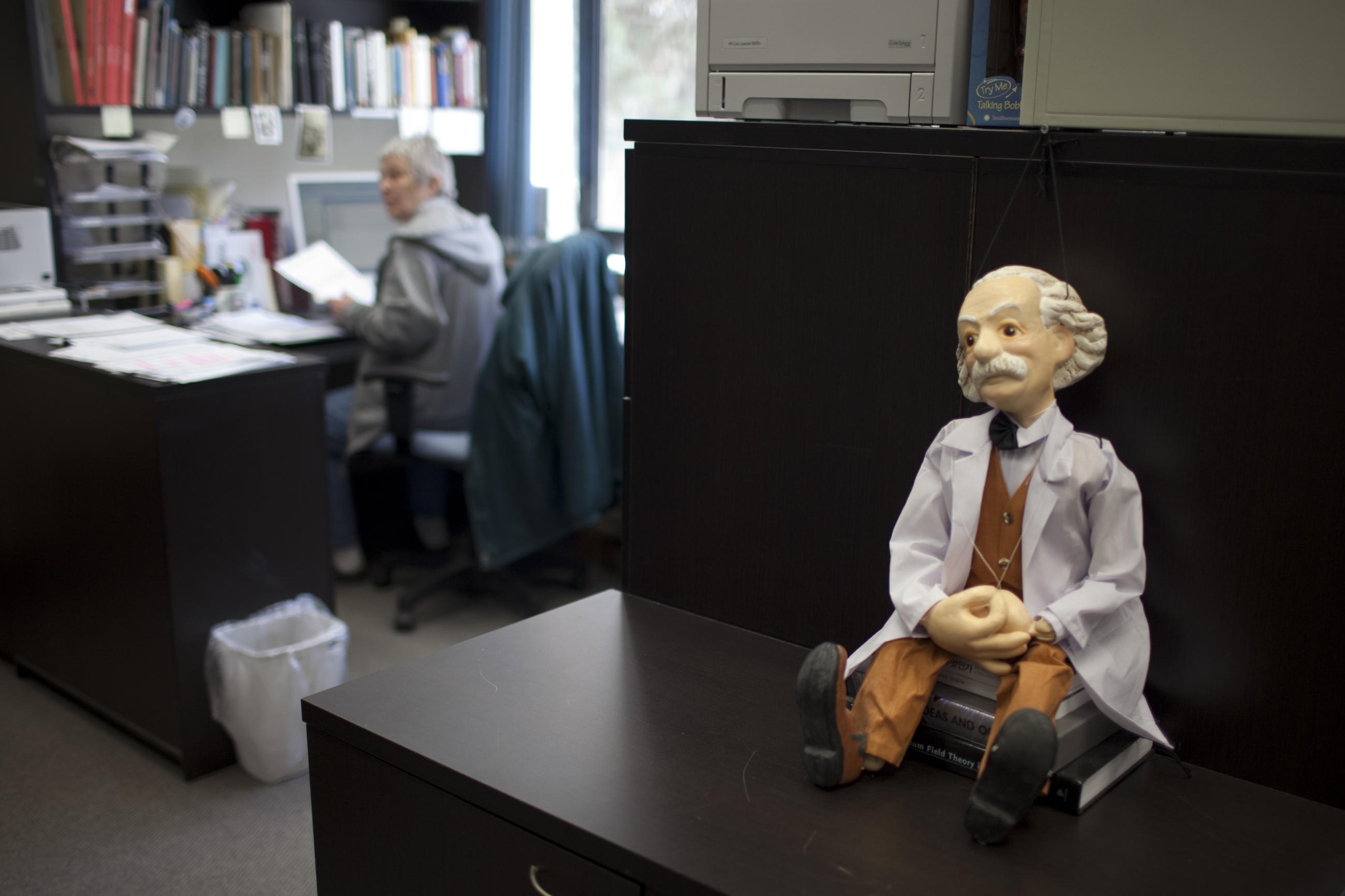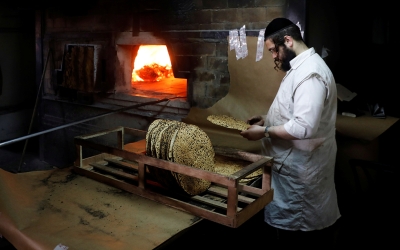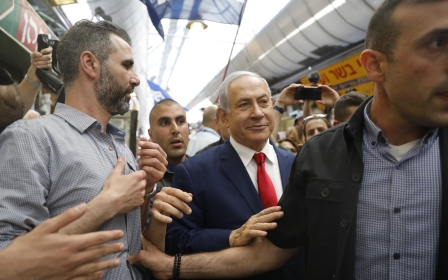Israeli press review: Israeli military to build new base in Hebrew University

Fenced base at the Hebrew University
The Israeli army will be running an elite intelligence programme in a fenced base that will be built at the Hebrew University campus, where students would walk around in army uniforms carrying weapons, Haaretz reported.
The military-academic programme is being set up by a 14-year-old army intelligence unit called Havatzalot (Lilies). Its three-year curriculum will include the study of Islam, history of the Middle East, leadership and combat and intelligence training.
Students would use biometric means to enter the dorms of the programme's base. The Israeli army demanded the university install security cameras and provide personal details of employees who would be working inside the base.
Bracha Hertz, the deputy director of procurement at the Israeli army, said in a statement that "throughout the entire process, we have maintained an important balance between a military excellence programme and absolute academic freedom".
Forbidden leavened food in hospitals during Passover
Israel's Ministry of Health will ask hospitals across the country to enact Jewish religious dietary laws and prohibit leavened food and bread during Passover, which starts on 19 April, Ynet reported.
Passover is a week-long Jewish holiday commemorating the Israelites’ exodus from ancient Egypt.
Observant Jews do not consume any food made of grain and water that is granted time to ferment and rise, as Israelites only ate unleavened bread during that time, according to the Torah.
The Ministry of Health's letter to the hospitals' directors on Monday said that they must follow the Israeli Chief Rabbinate's instructions of Kashrut, a set of Jewish dietary laws, during the Passover.
The letter that was signed by Rabbi Pinchas Frankel, the national head of religious affairs at the ministry.
Since 1986, an Israeli law known as the Chametz Law has forbidden business owners from putting leavened food on display during the Passover Feast.
Last month, Israel's High Court of Justice demanded the state and the Ministry of Health explain the grounds on which they were forbidding leavened food inside the hospitals during Passover after several Knesset members and human rights organisations petitioned in front of the Court against the Chametz Law.
It suggested bringing leavened food and bread to the hospitals during Passover using disposable utensils and eating in closed and isolated areas or finding a different religious interpretation.
The explanation is supposed to be given by 1 June, a month and a half after Passover.
Israeli court rejects Palestinians' appeal, affirms demolition orders
An Israeli court rejected an appeal by Palestinian residents against demolition orders for around 60 properties, home to 500 Palestinian residents in Yasul Valley in the Silwan neighbourhood of occupied East Jerusalem, Haaretz reported.
The court’s rejection was on the grounds that Palestinian homes were built on the land of the Peace Forest, a forest in south Jerusalem.
Residents of Silwan quarter, which includes the neighbourhoods of Batn al-Hawa, Wadi Yasul and Wadi al-Hilweh, have been facing evacuation and demolition orders by the Israeli courts.
Silwan is located on the southern walls of the Old City of Jerusalem. The settler group Elad has been excavating under the quarter in search for the lost City of David. Above the ground, it operates a tourist site that promotes a Biblical narrative of the city.
The group has also built illegal structures on Peace Forest land. The court asked to change the forest’s designation and purpose, in order not to demolish Elad’s premises, Haaretz reported.
Middle East Eye propose une couverture et une analyse indépendantes et incomparables du Moyen-Orient, de l’Afrique du Nord et d’autres régions du monde. Pour en savoir plus sur la reprise de ce contenu et les frais qui s’appliquent, veuillez remplir ce formulaire [en anglais]. Pour en savoir plus sur MEE, cliquez ici [en anglais].





